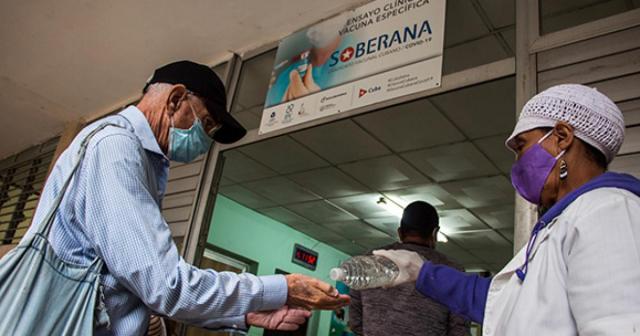
Two months before leaving the White House, President Joe Biden proposed that Medicare and Medicaid health programs cover weight loss medications, such as Wegovy and Ozempic.
This change, which recognizes obesity as a treatable chronic disease, could benefit millions of Americans and significantly reduce the cost of these medications, which currently exceeds $1,000 per month, reported Telemundo.
With over 40% of the U.S. population considered obese, the measure aims to increase access to treatments that have so far only been available to those suffering from diabetes or other related conditions.
According to Health Secretary Xavier Becerra, coverage could extend to an additional 3.5 million people in Medicare and 4 million in Medicaid, in addition to the over 28 million people in Medicaid who already meet the obesity criteria.
Although the initiative has the support of a bipartisan coalition in Congress, it faces significant challenges.
However, Telemundo noted that the incoming administration of Donald Trump could block its implementation, as his nominee for Secretary of Health, Robert F. Kennedy Jr., has expressed opposition to these medications, suggesting instead to invest in healthy food and gyms as more economical alternatives.
The market for obesity medications, led by Novo Nordisk's Wegovy and Eli Lilly's Zepbound, has grown exponentially in recent years.
These medications, based on semaglutide, mimic a hormone that regulates appetite and can help patients lose between 15% and 25% of their body weight.
However, their high cost and scarcity have limited access, making them predominantly used by higher-income individuals.
The proposal, which could be ready by January, just days after Trump's inauguration, estimates a cost of $35 billion over the next decade.
However, its advocates argue that in the long run, it could lead to significant savings by reducing expenditures on treatments for chronic diseases associated with obesity, such as diabetes and heart disease.
This change could not only transform the way obesity is treated in the United States but also raises questions about equity in access to medications. A recent study revealed that 85% of semaglutide prescriptions in 2023 were dispensed to white individuals, leaving lower-income communities and other ethnic groups with limited options.
The controversy surrounding this proposal reflects a growing dilemma between public health costs and the need to address one of the largest health crises in the United States, during a crucial moment of political transition in the country.
Recently, the administration of President Joe Biden announced that for the fiscal year 2025, an additional 64,716 temporary H-2B work visas will be granted for non-agricultural workers.
These are in addition to the 66,000 visas previously approved by Congress, bringing the total to over 130,700 visas, reaching the maximum allowed under current legislation.
The announcement followed a cordial meeting in the Oval Office of the White House between outgoing President Joe Biden and President-elect Donald Trump to formalize the beginning of the power transition.
Since his arrival at the White House, Trump is expected to start implementing measures that will directly impact illegal immigrants, but he is not interested in affecting the workforce in the United States. This is why the approval of work visas is so significant for many people in Latin America and the Caribbean.
Filed under:






